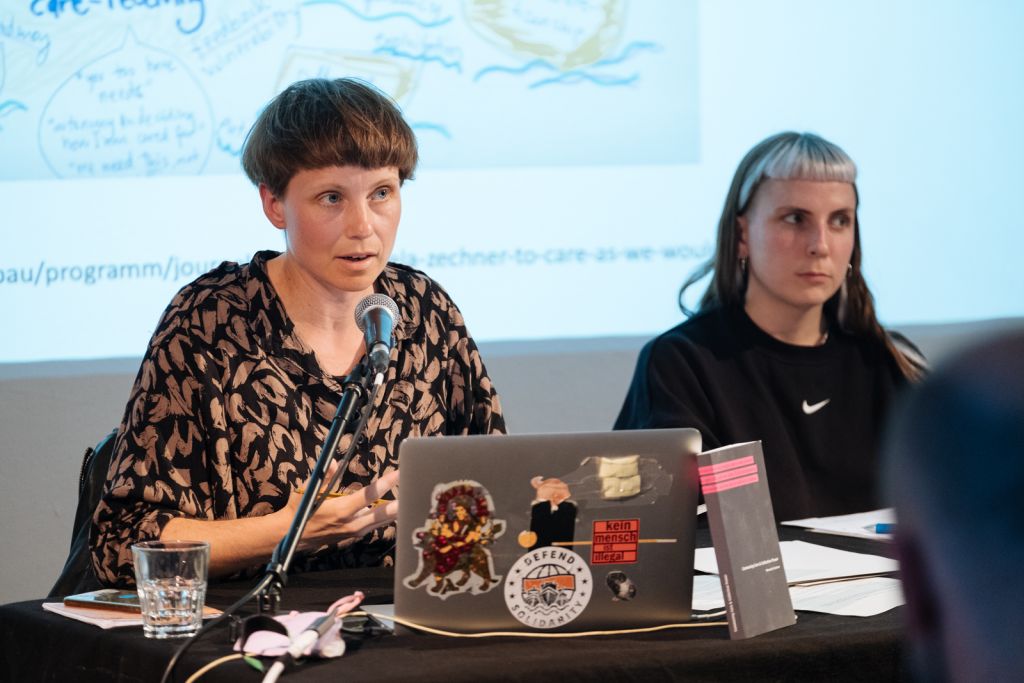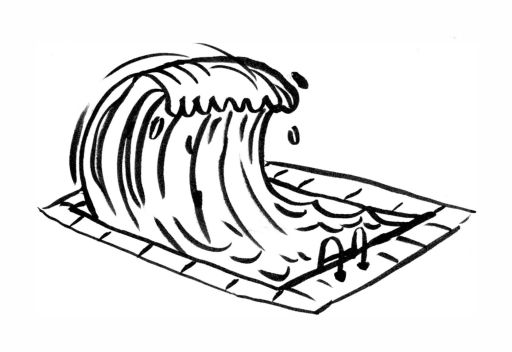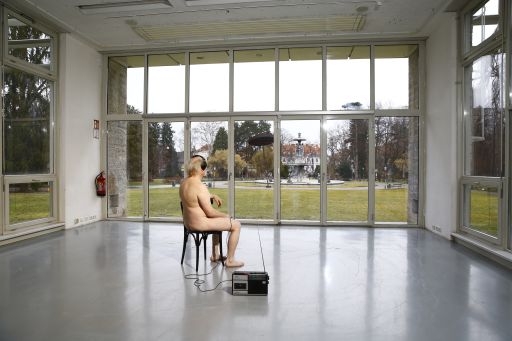Manuela Zechner
Commoning Care
Forum Stadtpark – Center for Security
Security revisited
The insecurity currently being experienced calls for new interpretations that differ from the conservative discourse on security as well as from a defensive, a priori rejection of the very notion of security on the part of contemporary left. This ubiquitous sense of insecurity, which has been brought about by precarious living conditions and grim prospects for the future, shall be embedded in the context of shared care and transnational solidarity. In the framework of the lecture series Security Revisited, the Section for Architecture and the Section for Social Politics at the Forum Stadtpark have invited critical and emancipatory positions to discuss infrastructures of (in)security and outline possibilities for a new politics of care.
The first of six events covers the topic of Commoning Care: For a Mindful Economics. Reproduction work and care work are central aspects of every society. This understanding forms the basis of the book Commoning Care & Collective Power: Childcare Commons and the Micropolitics of Municipalism in Barcelona. As already stated in the book’s title, this part of the program focuses on different ways of organizing a caring society. With the concept of “caretizenship,” a society beyond the insecurities and carelessness created by capitalism and patriarchy becomes imaginable. Political movements play an important role in forwarding these processes, since they are the fuel that drives social change.
Manuela Zechner is a feminist researcher, facilitator, and artist. She works on topics related to care, ecology, micropolitics and social movements, subjectivity and embodiment She is currently doing postdoctoral research on transversal and translocal struggles relating to ecology and care, as part of the MovE project at Jena University, and coproduces the Earthcare Fieldcast with Bue Rübner Hansen. As a facilitator, she runs workshops and co-research projects across social movement, educational, arts, and university contexts, often working with the Future Archive and Free Radio.
Curated by Sara T. Huber and Ana Jeinić










